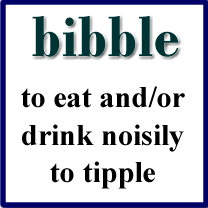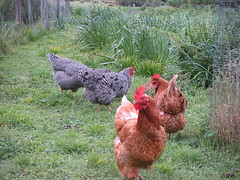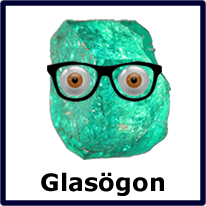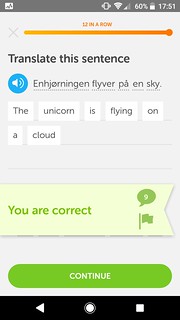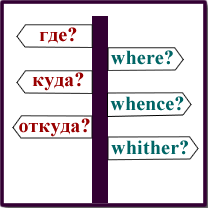
In Russian, there are several different words meaning where. Each one means something slightly different, although in English they can all be translated as where.
где [ɡdʲe] means where, as in what location, and can also mean anywhere or somewhere. For example:
- Где Вы живёте? = Where do you live?
- Подумайте, не забыли ли где = Try and think whether you left it anywhere / somewhere
Related words include:
- где-нибудь = somewhere, anywhere
- где-то = somewhere
- негде = nowhere
- кое-где = here and there
где comes the from Old East Slavic къде (kŭde – where), from the Proto-Slavic kъde (where), from the Proto-Indo-European *kʷú-dʰe (where).
куда [kʊˈda] means where (to), and also what, why or much. It is the equivalent of whither in English, although that is rarely used these days. For example:
- Куда ты идёшь? = Where are you going?
- Куда мне столько денег? Why would I want so much money?
- Мой дом куда больше = My house is much bigger
- Он прекрасно знал, куда бежать = This kid knew exactly what he was doing
Related words include:
- кое-куда = this place and that
- куда-нибудь = anywhere, somewhere
- куда-то = somewhere
куда comes from the Proto-Slavic *kǫda ( where, whither), from the Proto-Indo-European *kʷom-dʰ- (where).
откуда [ɐtˈkudə] means where from, from where, from which or whence (another rarely-used word). For example:
- Откуда ты? = Where are you from?
- Откуда ты это знаешь? = How do you know about that?
- Откуда я знаю? = How do I know?
Related words include:
- откуда-нибудь = from somewhere (or other)
- откуда-то = from somewhere
откуда comes from the same root as куда.
Sources: Reverso, Wiktionary
